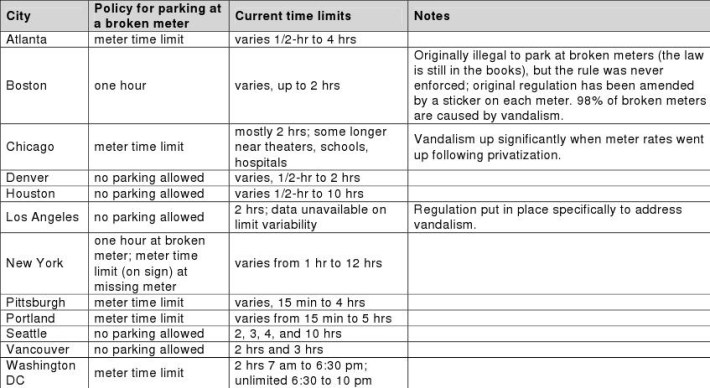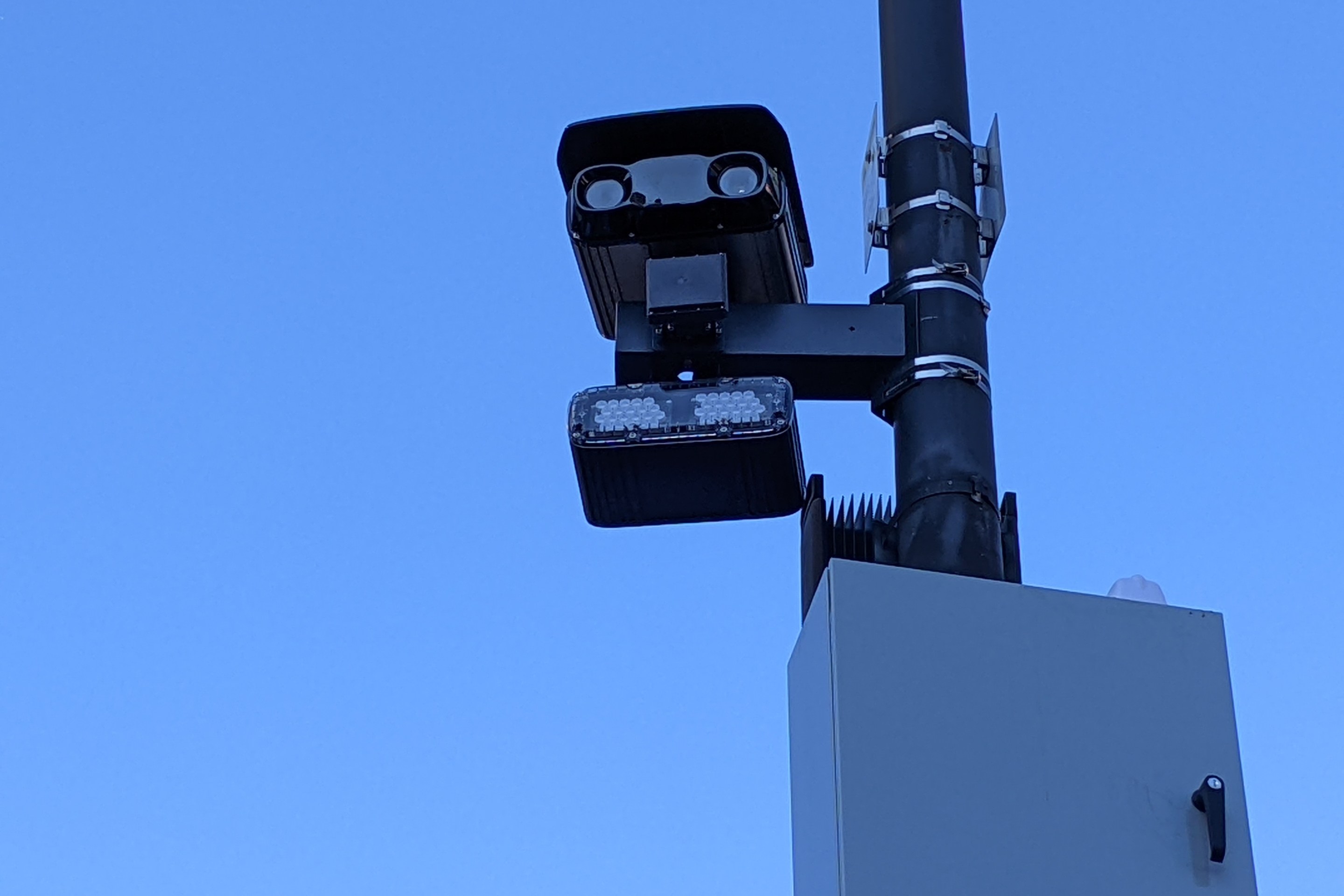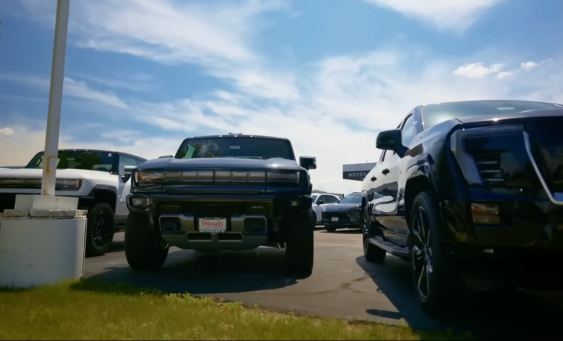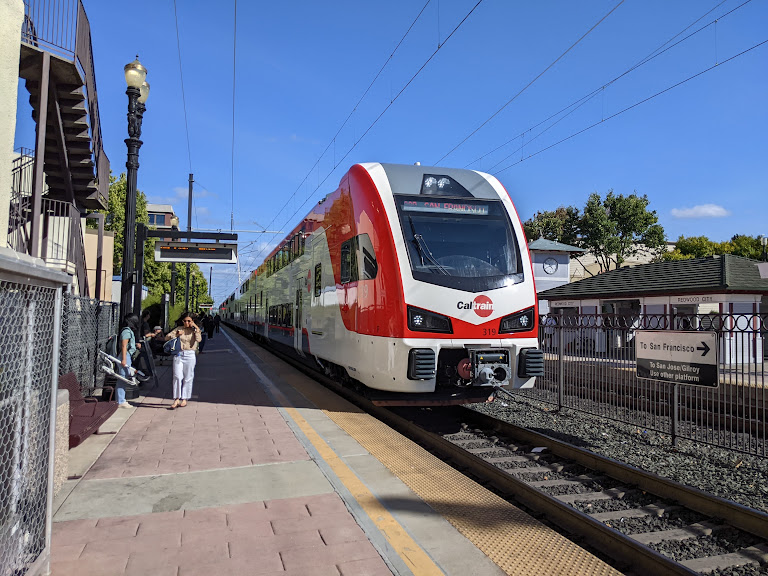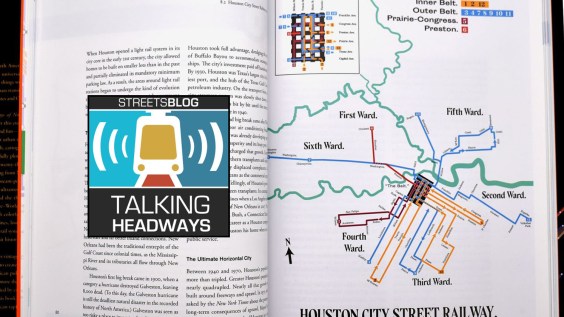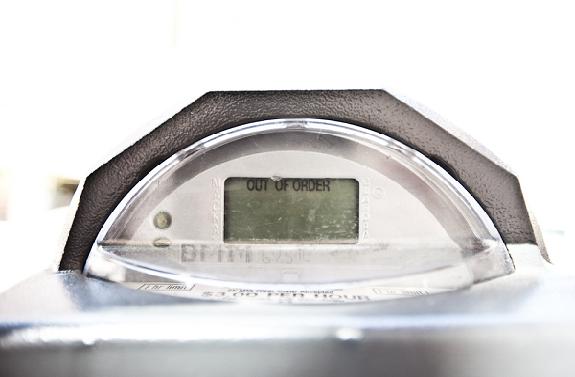
Anyone who wants to use a parking space with a broken meter in San Francisco today is allowed to park for free as long as the posted time limit allows. Given that kind of incentive, some people who drive are finding ways to break meters on a daily basis in order to avoid paying.
As the SFPark program fully launches March 1 and implements direct demand-based parking pricing on a quarter of the city's meters, time limits will be increased to four hours or eliminated altogether with the aim of facilitating more convenient parking, encouraging payment compliance, and reducing enforcement labor.
However, under the current broken meter policy, some drivers may find more incentive to disable meters and take advantage of the longer time limits. In order to avoid such an unintended consequence, the SFMTA Board's Policy and Governance Committee has agreed to set a standard two-hour maximum limit at broken meters, something that must still be approved by the full board.
According to a policy report presented by SFMTA CFO Sonali Bose, between 300 to 500 parking meters are broken on any given day, and 80 to 90 percent of those are due to vandalism. While that may only amount to 1 to 3 percent of the city's meters, Sustainable Streets Director Bond Yee said about 60 percent of those are repaired within the first day and 96 percent within three days, no small feat for repair crews.
An SFMTA study shows that out of twelve major North American cities, five don't even allow parking at broken meters. Most notably, Los Angeles adopted such a policy specifically to address vandalism and found significant success, according to Bose.
With some of the incoming SFPark meters covering up to eight spots, the need to disincentivize vandalism is greater than ever.
Of the four policy options presented to committee, which ranged from keeping the status quo to banning all parking at broken meters, Bose recommended a one-hour limit. That, she said, would allow some leeway for those who mistakenly park their cars at already broken meters while minimizing the incentive to vandalize. A consistent time limit would also simplify enforcement, Bose noted in her report.
SFMTA CEO Nat Ford agreed with the recommendation, which would set San Francisco's policy "somewhere in the middle" of other cities'.
"It's a revenue issue and a cost issue," said Ford, who cited repairs, revenue loss, and enforcement inefficiencies among the financial impacts of vandalism. The cost of repairing meters alone is estimated to be $225,000 per year, according to the report.
Director Cameron Beach was skeptical of a complete ban on broken meter parking, expressing concerns for drivers who park at meters without realizing they're broken, while Director Jerry Lee voiced skepticism about the effectiveness of lower time limits to prevent vandalism.
Director Cheryl Brinkman was in favor of a limit as strict as necessary. "Maybe we need to consider this as a step-by-step, and if we don't have success reducing the vandalism at a one-hour time limit, then we have to consider going to 'no parking at broken meters'," she said.
In the end, the committee favored a two-hour maximum limit for approval, with the potential for it to be lowered in the future. Under the rule, posted time limits of less than two hours would still be enforced.
